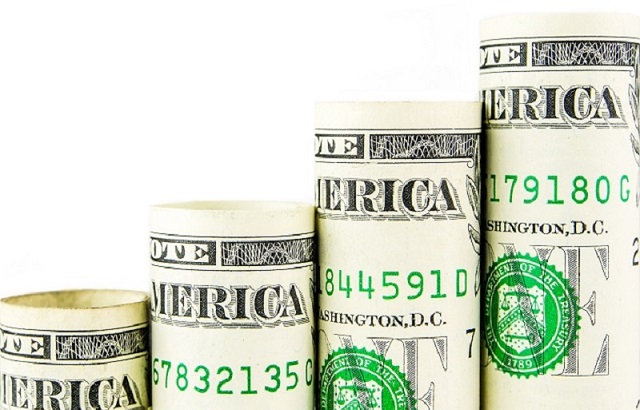The US department of justice (DOJ) has reached a settlement in its civil forfeiture cases against the assets of Jho Low and his family, which were allegedly acquired using funds from 1Malaysia Development Berhad (1MDB).
Low is accused of misappropriating funds from sovereign wealth fund 1MDB and laundering them through financial institutions in several jurisdictions, including the US, Switzerland, Singapore and Luxembourg.
The assets, located in the US, the UK and Switzerland, are estimated to be worth more than $700m (£540m, €628m).
With the conclusion of this settlement, the US said it will have recovered or assisted in the recovery of more than $1bn in assets associated with the 1MDB international money laundering and bribery scheme.
This is the largest recovery to date under the department’s kleptocracy asset recovery initiative and the largest civil forfeiture ever concluded by the DOJ.
Not a safe haven
“As alleged in the complaints, Jho Low and others, including officials in Malaysia and the UAE, engaged in a brazen multi-year conspiracy to launder money embezzled or otherwise misappropriated from 1MDB,” said assistant attorney general Brian Benczkowski of the DOJ’s criminal division.
“He used those funds, among other things, to engage in extravagant spending sprees, acquiring one-of-kind artwork and luxury real estate, gambling freely at casinos, and propping up his lavish lifestyle.
“This settlement agreement forces Low and his family to relinquish hundreds of millions of dollars in ill-gotten gains that were intended to be used for the benefit of the Malaysian people, and it sends a signal that the US will not be a safe haven for the proceeds of corruption.”
Settlement
Under the terms of the settlement, Low; his family members; and FFP, a Cayman Islands entity, have agreed to forfeit all assets subject to pending forfeiture complaints in which they have a potential interest.
The trustees are also required to cooperate and assist the DOJ in the transfer, management and disposition of the relevant assets.
From the assets formerly managed by FFP, the US will release $15m to Low’s counsel to pay for legal fees and costs.
Under the agreement, none of those fees may be returned to Low or his family members.
Assets
The assets include high-end real estate in Beverly Hills, New York and London; a luxury boutique hotel in Beverly Hills; and tens of millions of dollars in business investments that Low allegedly made with funds traceable to misappropriated 1MDB monies.
Items to be forfeited are in addition to the nearly $140m in assets the US previously obtained.
They were seized in Indonesia at the request of the DOJ and recovered by Malaysian authorities.
It’s not the end of the road, however, as there are still several other civil forfeiture complaints outstanding against other alleged co-conspirators.
Charges
Low separately faces charges in the eastern district of New York for conspiring to launder billions of dollars embezzled from 1MDB.
He also faces charges of conspiring to violate the Foreign Corrupt Practices Act (FCPA) by paying bribes to various Malaysian and Emirati officials, and in the district of Columbia for conspiring to make and conceal foreign and conduit campaign contributions during the US presidential election in 2012.
The DOJ said in a statement: “The charges in the indictments are merely allegations, and defendants are presumed innocent until proven guilty beyond a reasonable doubt in a court of law.
“This agreement does not release any entity or individual from filed or potential criminal charges.”
Historical events
According to the civil forfeiture complaints, from 2009 through 2015, more than $4.5bn in funds belonging to 1MDB were allegedly misappropriated by high-level officials of 1MDB and their associates, including Low, through a criminal conspiracy involving international money laundering and bribery.
1MDB was created by the government of Malaysia to promote economic development in the country through global partnerships and foreign direct investment, and its funds were intended to be used for improving the wellbeing of the local people.








